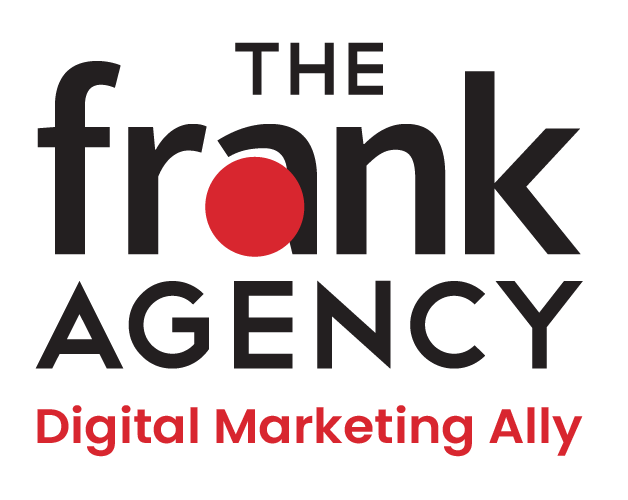Understanding Earned Media:
Earned media refers to the exposure and publicity that a brand or organization receives through third-party sources, such as media outlets, influencers, or organic word-of-mouth. Unlike paid media, which involves advertising, earned media is gained naturally and organically due to positive coverage, mentions, or recommendations from trusted sources.
The Importance of Earned Media:
Earned media plays a crucial role in building and amplifying brand reputation for several reasons:
- Credibility and Trust: Earned media carries inherent credibility since it comes from independent sources. Positive coverage or recommendations from trusted sources enhance the trustworthiness of a brand.
- Expanded Reach: When brands are featured in media outlets or recommended by influencers, they gain access to new audiences and potential customers who may not have been previously aware of their existence.
- Cost-Effective Marketing: Unlike paid media, earned media does not require direct financial investment. Instead, it relies on creating compelling stories, delivering exceptional products or services, and fostering positive relationships with relevant stakeholders.
- Customer Validation: Earned media acts as customer validation. Positive reviews, testimonials, or mentions from satisfied customers can influence others’ purchasing decisions and build confidence in a brand’s offerings.
Types of Earned Media:
Earned media can take various forms, including:
- Media Coverage: When a brand earns positive coverage in newspapers, magazines, blogs, or news segments, it reaches a wider audience and gains increased visibility.
- Influencer Mentions: Influencers, who have a significant following and influence in specific niches or industries, can mention or recommend a brand, leading to increased exposure and credibility.
- Social Media Sharing: When users voluntarily share positive experiences with a brand on social media platforms, it generates organic word-of-mouth buzz and introduces the brand to new audiences.
- Customer Reviews: Positive reviews on review websites, forums, or testimonials shared by customers contribute to earned media, showcasing the brand’s reputation.
Cultivating Earned Media:
To cultivate earned media effectively, consider these strategies:
- Building Relationships: Develop strong relationships with journalists, influencers, and industry experts by providing them with valuable insights, supporting their work, or offering exclusive access to information or experiences.
- Exceptional Brand Experience: Focus on delivering exceptional products or services that exceed customer expectations. Satisfied customers are more likely to share their positive experiences, contributing to earned media.
- Engaging Content Creation: Create compelling and shareable content such as blog posts, videos, or infographics that resonate with your target audience and encourage them to engage and share.
- Monitoring and Engagement: Monitor conversations about your brand online and proactively engage with customers, influencers, or media outlets to address any concerns, respond to feedback, or capitalize on positive mentions.
Measuring Success and Optimizing Strategies:
Measuring the impact of earned media and optimizing strategies is essential for continuous improvement:
- Reach and Impressions: Track the reach and impressions generated through media coverage, influencer mentions, or social media shares.
- Sentiment Analysis: Analyze the sentiment of earned media to understand if it is predominantly positive or negative, allowing you to address any issues promptly.
- Conversion Tracking: Measure how earned media contributes to conversions, such as website visits, lead generation, or actual sales.
- Feedback and Insights: Gather feedback from customers, influencers, or media outlets to gain insights into the effectiveness of your earned media strategies and identify areas for improvement.


